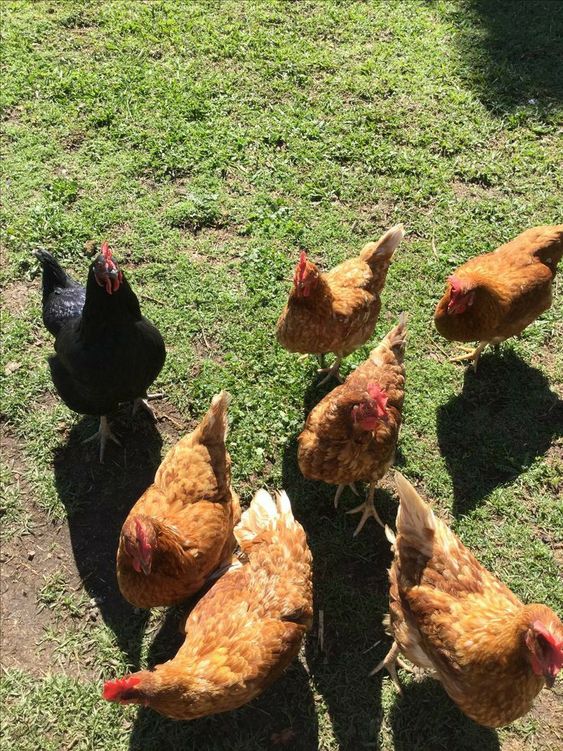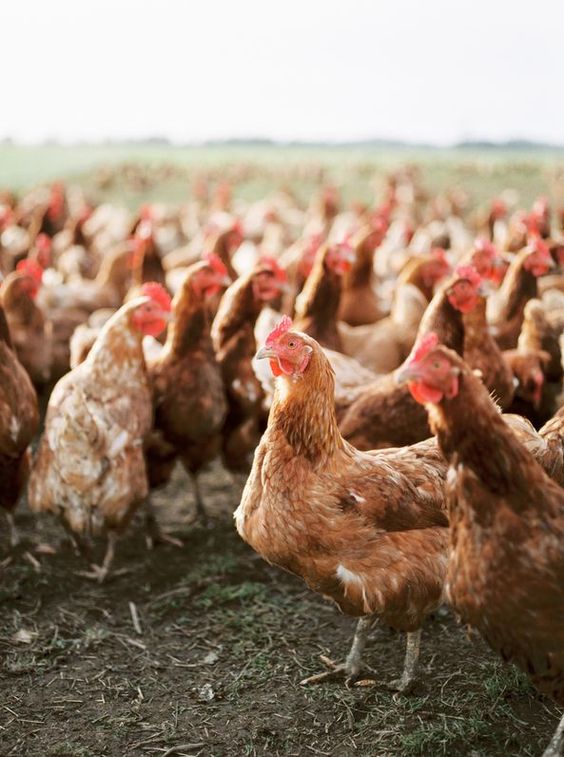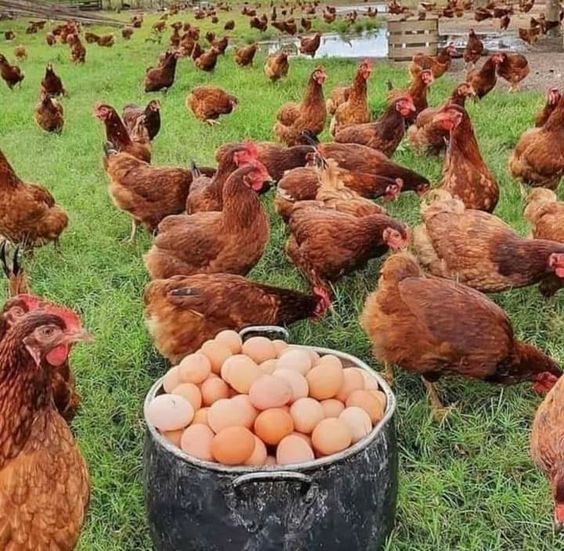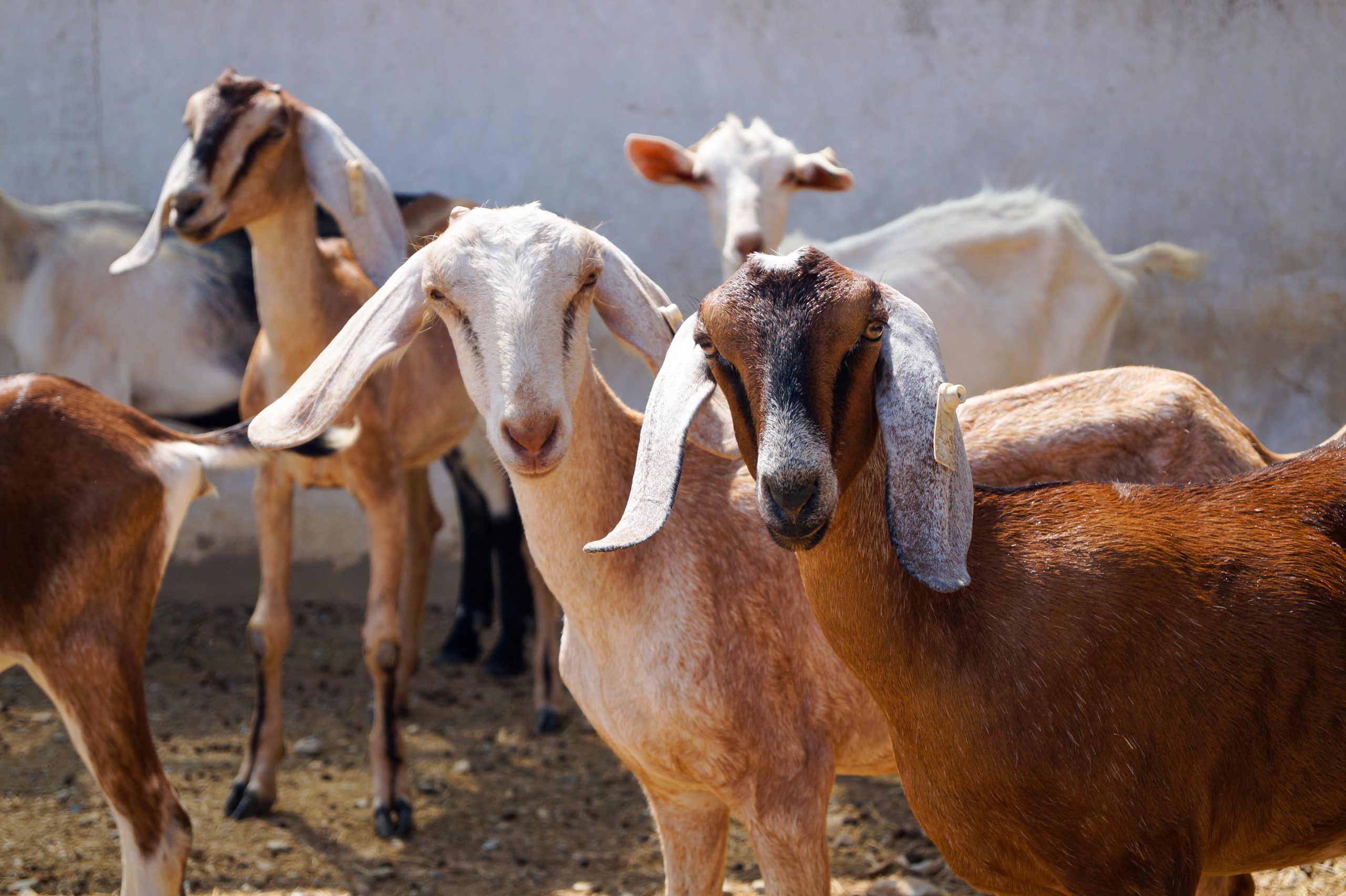Reproductive Health of Chickens: A Guide for Poultry Owners
Reproductive Health of Chickens is crucial for both backyard flocks and commercial egg production. Healthy hens lay more eggs, with fewer abnormalities, and are less susceptible to diseases. This guide explores the female chicken’s reproductive system, common health concerns, and best practices for maintaining a healthy flock.
The Chicken Reproductive System:
Understanding the Reproductive Health of Chickens system is the first step to recognizing potential issues. Unlike mammals, chickens lack a uterus and develop eggs internally before laying them. Here’s a breakdown of the key organs:
- Ovaries: Responsible for producing ova (yolks). Hens are born with two ovaries, but the left one typically degenerates.
- Oviduct: A long, muscular tube where the yolk is fertilized by sperm (if present), receives albumen (egg white), membranes, and the shell. The oviduct is divided into sections with specialized functions.
- Infundibulum: Captures the yolk released from the ovary.
- Magnum: Secretes albumen.
- Isthmus: Adds the membranes to the developing egg.
- Uterus (shell gland): Deposits calcium carbonate for the eggshell.
- Vagina: The final passage for laying the egg.
- Cloaca: A common opening for the digestive, urinary, and reproductive tracts.
Factors Affecting Reproductive Health of Chickens:
Several factors can influence a hen’s Reproductive Health of Chickens:
- Age: Young hens (around 18-20 weeks) are just starting to lay, and egg production peaks within the first year. Production naturally declines with age.
- Breed: Some breeds are bred for high egg production, while others lay less frequently.
- Nutrition: A balanced diet rich in protein, calcium, and vitamins is essential for egg formation and overall health. Deficiencies can lead to soft-shelled eggs, reduced production, and health problems.
- Light: Chickens are photosensitive, meaning their egg-laying is influenced by daylight hours. Providing appropriate light cycles (typically 14-16 hours during peak laying) can optimize production.
- Stress: Stress from overcrowding, predators, loud noises, or illness can negatively impact egg production and overall health.
- Diseases: Various bacterial, viral, and parasitic infections can affect the reproductive tract, causing inflammation, egg abnormalities, and reduced laying.
Common Reproductive Health Concerns:
- Egg Binding: When a hen is unable to expel a fully formed egg, this can be a life-threatening emergency. Signs include straining, droppings near the vent, lethargy, and loss of appetite.
- Internal Laying: A yol or partially formed egg ruptures inside the body cavity, causing inflammation and potential death. Symptoms can be vague but may include abdominal distention, weakness, and loss of egg production.
- Salpingitis: Inflammation of the oviduct, often caused by bacterial infections. Symptoms include laying soft-shelled eggs, abdominal pain (indicated by difficulty passing droppings), and reduced laying.
- Reproductive Tract Cancers: These are more common in older hens and can affect the ovaries or oviduct. Signs might include weight loss, blood-stained eggs, and difficulty laying.
- Soft-Shelled Eggs: This can be caused by calcium deficiency, nutritional imbalances, stress, or underlying diseases.
Maintaining Reproductive Health in Your Flock:
Here are some key practices to promote your hens’ Reproductive Health of Chickens:
- Provide a Balanced Diet: Offer a high-quality layer feed formulated for egg production. Supplement with calcium sources like oyster shells or crushed limestone. Consider offering treats like vegetables and fruits for additional vitamins and minerals.
- Maintain Proper Light Cycles: During peak laying seasons, ensure your hens receive 14-16 hours of daylight. This can be achieved naturally during longer days or with artificial lighting during shorter days.
- Minimize Stress: Create a calm and comfortable environment for your flock. Provide ample space, hiding spots, and opportunities for dust bathing. Minimize disruptions from loud noises or predators.
- Practice Biosecurity Reproductive Health of Chickens: Implement measures to prevent the introduction of diseases. Quarantine new birds, maintain clean and dry coop conditions, and practice good hygiene when handling your flock.
- Regular Health Checks: Monitor your hens for any signs of illness, such as lethargy, abnormal droppings, or changes in egg production. Conduct regular coop cleanings and inspect for signs of parasites or injuries.
- Vaccination Reproductive Health of Chickens: Consult with a veterinarian about vaccinations recommended for your area to protect your flock from common diseases.
- Breeding Considerations: If you plan to breed your chickens, select healthy breeding stock and be aware of genetic conditions that might affect their offspring.






